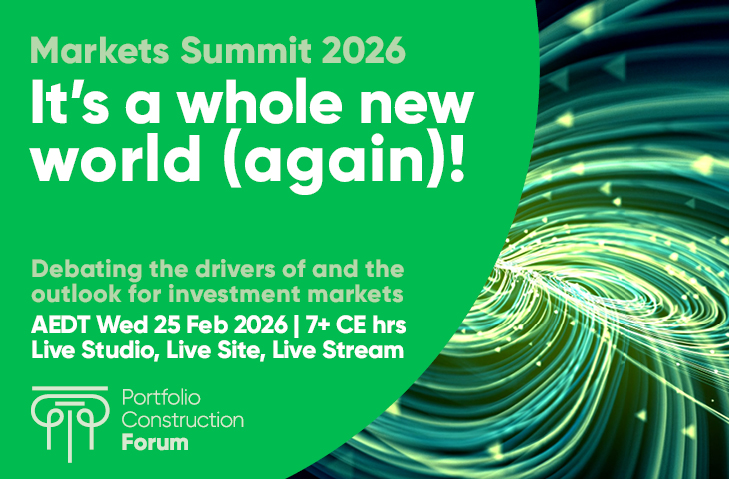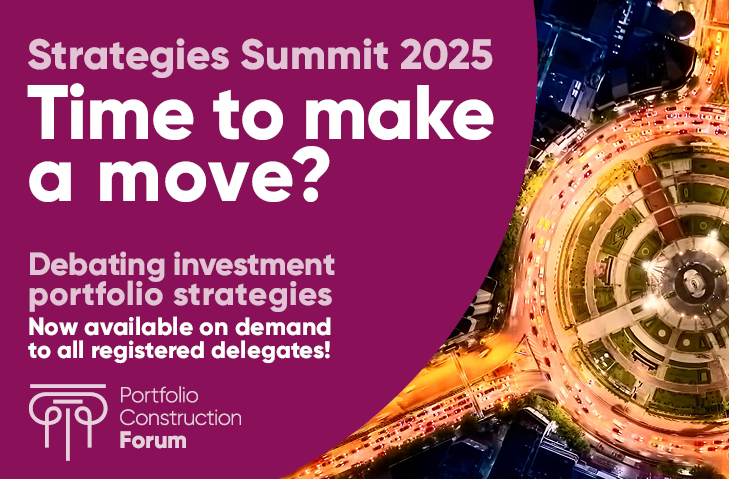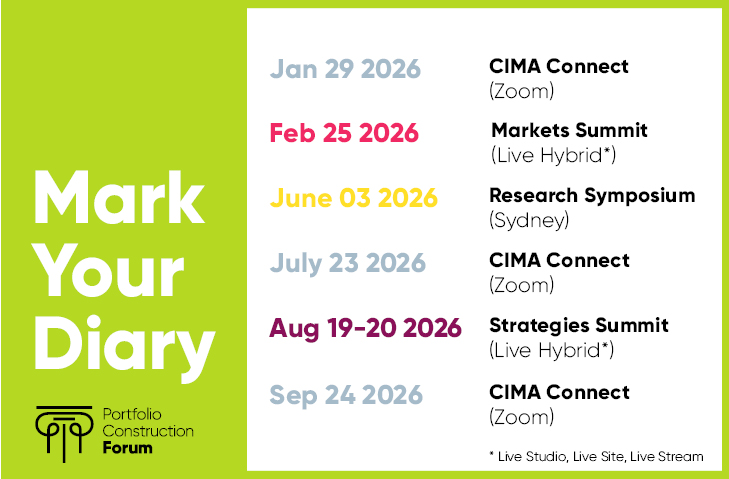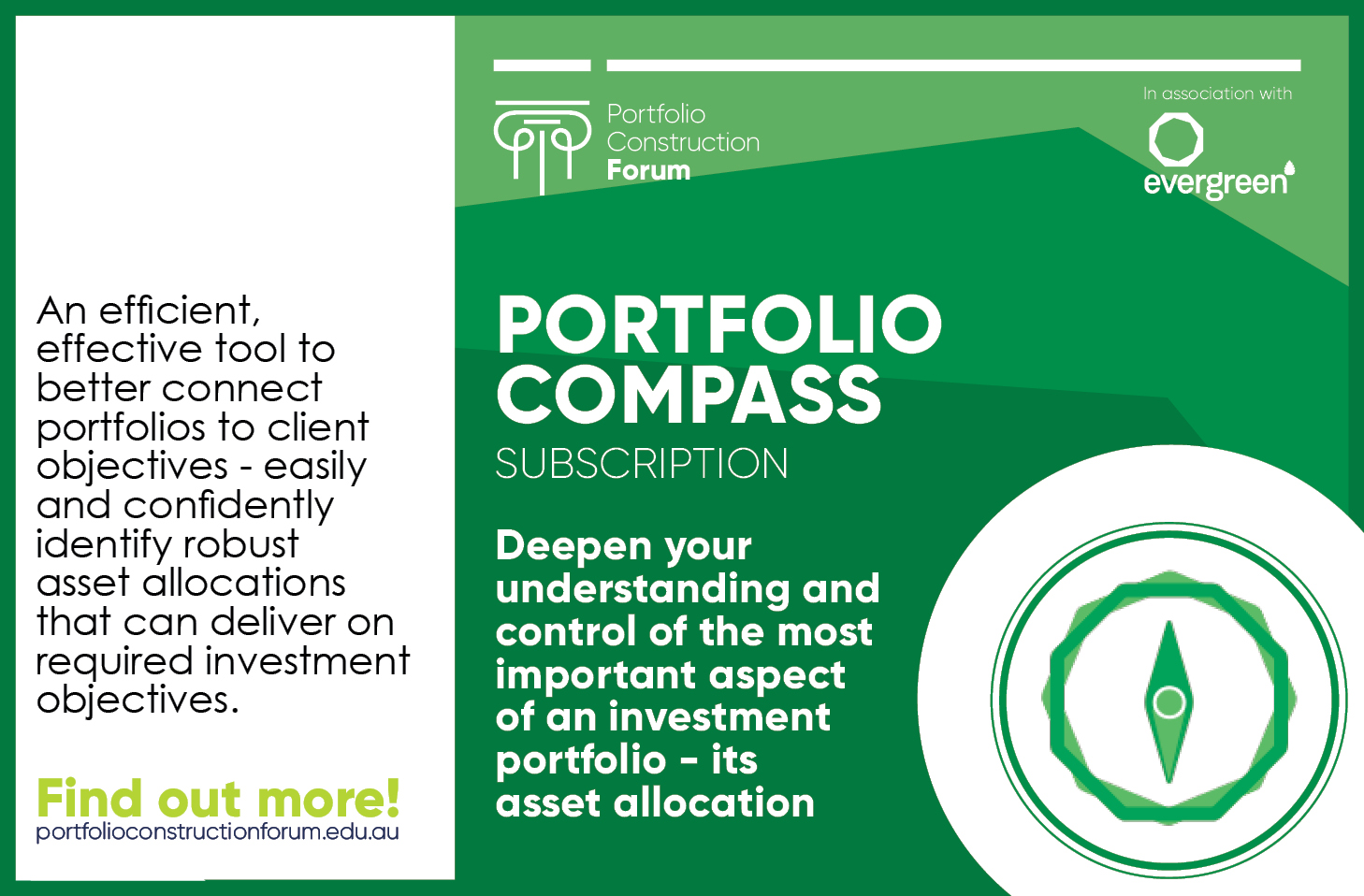This has been a bumpy year for the US economy. The big question now is what 2026 will bring. Even if important downside risks remain, one can be cautiously optimistic heading into the new year.
As 2025 draws to a close, markets are experiencing what is best described as a "crisis of faith". What this means for investors will depend on the actions already taken so far this year. Those who did nothing are now stuck between a rock and a very hard place.
Incorporating alternative assets into multi-asset funds through a Total Portfolio Approach can provide a more informed understanding of risk and return across the whole portfolio.
This paper looks at the impact of repetition on our perceptions of unethicality and truth. It finds that the more times we hear about a wrongdoing, the more we may believe it - but the less we may care.
As we progress through the Trumpification of markets, the political and information prism through which we view the world will help us mind the gap(s) between market perception and investing reality.
Private debt has grown in popularity as an alternative source of debt financing, with the asset class tripling in size since 2008. This self-paced, two-hour online short course equips you with the expertise to navigate private debt investment confidently across diverse market conditions.
Led by behavioural finance expert, Herman Brodie, the Behavioural Finance - Investment Decision-Making course will help you identify, analyse and evaluate the principal human preferences that influence decision-making in situations of uncertainty, so you can recognise and identify these preferences in others, to improve investment decision-making.
With the price of gold hitting new records and pulling back sharply, is it a bubble or a sign of some profound, broader change in the global financial landscape? History does offer some clues.
True fiduciary duty is the continual exercise of independent judgement in the client's best interest. Structural bias is the greatest threat to the future of quality investment advice and outcomes. I call this The Fiduciary Gap.
Rather than treating ethical decision-making as a cognitive issue, investment professionals should develop "ethics muscle memory", increasing the chances of successfully navigating moral predicaments in the moment.
Our diverse panel of portfolio construction practitioners discusses which of the high conviction propositions they heard during Strategies Summit 2025 it is time to make a move on, to design resilient portfolios in practice.
Our diverse panel of asset class experts discusses and clarifies the implications of four global economic and markets outlook scenarios for the medium-term (three-year) outlook for key asset classes.
While most people regard the Sino-American rivalry as a new cold war, the truth is that both countries are tightly constrained. Today's cold warriors are being pushed toward some sort of truce.
There's been a slow-moving dynamic playing out within global real estate which is setting up the sector for multi-period outperformance. This dynamic is widespread but acute in some sectors.
Private credit is entering a new phase of maturity, expanding beyond direct lending into a broader spectrum of asset-based finance. For portfolio constructors seeking stability and yield - it's time to make a move.
Our panel explores three asset class issues that it's time to make a move on - including private markets, Australian private credit and global listed infrastructure.
Our panel explores three portfolio deign issues that it's time to make a move on - building bespoke portfolios, taking a Total Portfolio Approach (TPA) to alternatives, and including emerging markets in portfolios again.
What's new with our live and on-demand continuing education, accreditation and certification programs.
What's new with our live and on-demand continuing education, accreditation and certification programs.






















